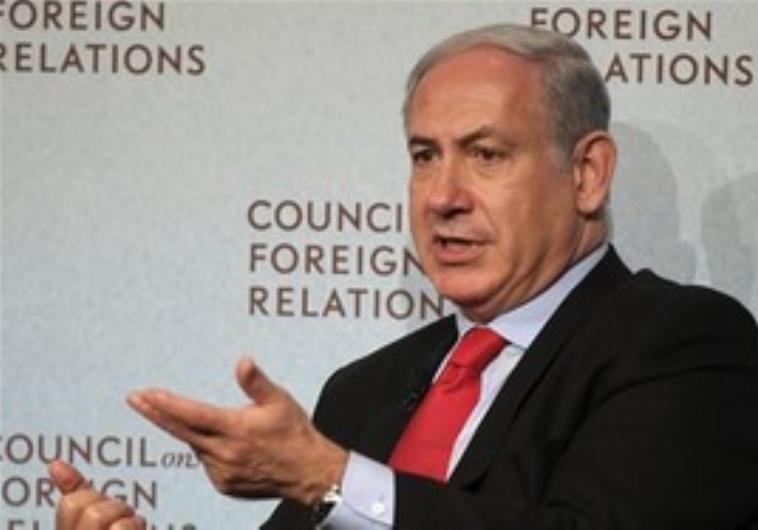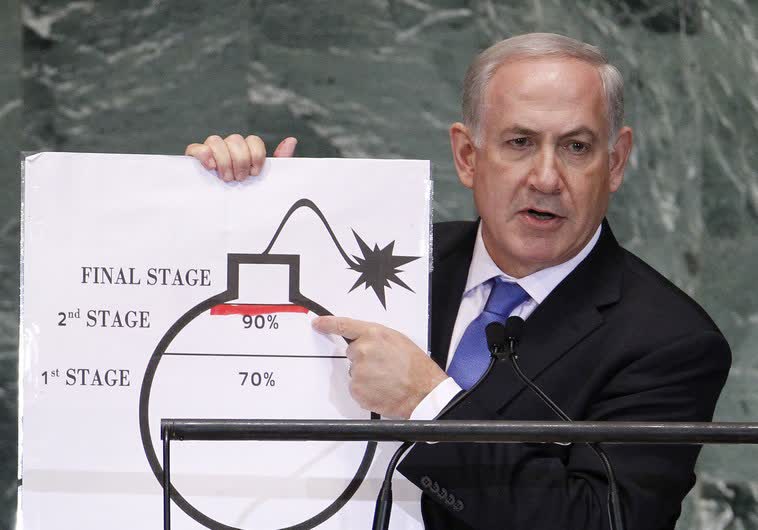If it is true that Israel has decided to limit the number of Jews allowed on the Temple Mount/al-Aqsa during the last 10 days of Ramadan (some reports have been that no Jews will be allowed on the mount during those days), it is a wise decision. Jerusalem is at the boiling point one month prior to the holy month of Ramadan and there is a need to bring the temperature down. Just as it is legitimate to expect Christians and Muslims in Israel to demonstrate respect toward Jews during their holidays, it is legitimate to respect Muslims during the month of Ramadan. Limiting Jewish access to the holy mount during Ramadan should not be seen as weakening Jewish honor but rather as respecting the faith of others. The respect shown by Israel to Muslims should be seen as a badge of honor and not the opposite.
Jerusalem is a city that suffers from an overdose of incitement. Jerusalem is the window of the conflict to the world and much of the violence of the Israeli-Palestinian conflict over the past century has been sparked in Jerusalem. That is because of the religious and national significance that Jerusalem fills for the people living in this land.
The Israeli claim that Jerusalem is its eternal capital does not diminish in any way the Palestinian claim that Jerusalem is the eternal capital of Palestine. This is not a historic argument, it is a political one embellished with a lot of religion and faith. Jerusalem is important to the three monotheistic religions and even though it is the holiest to Jews and only the third most holy place to Muslims, one cannot deny its importance to Muslims. I have visited several non-Arab Muslim countries where I have seen as many pictures of al-Aqsa’s Dome of the Rock as I have seen in Palestine and other Arab countries. As opposed to that, in the Jewish Quarter of the Old City of Jerusalem, I have seen pictures of an imagined rebuilt Jewish Temple on the Temple Mount without the mosques or any sign of a Muslim presence. How should any Muslim understand that picture?
Meaning of Ramadan
I have lived through 45 months of Ramadan in my life in Israel, three of them actually living with Muslims. Ramadan is meant to be a month of reflection on values and humanity. It is a time when families and communities come together. It is a time when people open their homes to strangers for the Iftar breakfast meal. It has also become a time of heightened violence and enmity between Muslims and Jews in this land.
The same is true of Passover and other Jewish festivals. The attempts of some Jews to ascend to the Temple Mount to slaughter a baby lamb or goat heightens tensions and enables many Muslims to see the picture of the rebuilt Temple in place of the mosques on al-Aqsa as a strategic plan that the government and the people of Israel embrace.
Hundreds of thousands of Jewish Israelis coming to Jerusalem’s Old City during Jewish holidays creates a sense of fear for many Muslims. I am not suggesting that they stop coming to Jerusalem. I am suggesting that they be aware and sensitive to the threat perceptions of our neighbors.
This all could be very different. Imagine if the Wakf and the Muslim leaders in Jerusalem asked the Israeli authorities to allow the al-Aqsa mount to be open for extra hours for Jews who wish to come to learn about Islam and about Ramadan. Wakf guides and teachers could hold circles of learning on the Mount where they could teach Jews about their faith and their beliefs.
During Passover or other Jewish holidays, rabbis could invite Muslims and Christians to come to the Western Wall to learn about Judaism and the importance of the Western Wall and the Temple Mount for Jews. That should be the essence of our faiths, not seeking to convert or impose but teaching and offering understanding. Ultimately the circles of learning could become circles of sharing where Muslim, Christian and Jewish scholars sit around a table teaching each other from their holy scriptures, including the problematic passages that exist within all of our faiths and traditions. This should be the way that we celebrate our holidays, with our families, our communities and our neighbors.
After the Egypt-Israel peace agreement, president Anwar Sadat envisioned the building of a center for prayer for Muslims, Christians and Jews on Mount Sinai. Last Thursday, the United Arab Emirates officially opened the Abrahamic Family House, consisting of a mosque, church and synagogue that face one another on the same square in Abu Dhabi. Shouldn’t we strive to do something similar – not on the Temple Mount/al-Aqsa – somewhere in Jerusalem?
I have heard so many stories from Jews who came from Arab and Muslim countries about how they celebrated with their neighbors on holidays and weddings and even mourned together when a death occurred in their homes. When I lived in Kafr Kara in Wadi Ara from 1979-1981, I heard endless accounts from people who were regularly hosted by Jewish co-workers at weddings, bar mitzvah parties and even britot (circumcision) rites. It was completely normal to see Jews coming to the Arab village where I lived for weddings, as well. During shmita years (every seven years when religious Jews do not grow food on their land) it is very common to see ultra-Orthodox Jews all around the Jenin area, which is some of the best agricultural lands in the West Bank, buying up all of the fruits and vegetables grown by Palestinian farmers.
I remember seeing packages of carrots labeled “Palestinian Production” in the Jewish Orthodox supermarket chain Osher Ad. This is evidence that there are many possibilities for changing the ways that we relate to each other.
Our conflict is not Judaism against Islam, or Islam against Judaism, even though there are many aspects of our conflict that are deeply influenced in very negative ways by our religions. Perhaps it is through religions that we can find the paths toward positive change. It is in the hands of our religious leaders to make the first steps.


